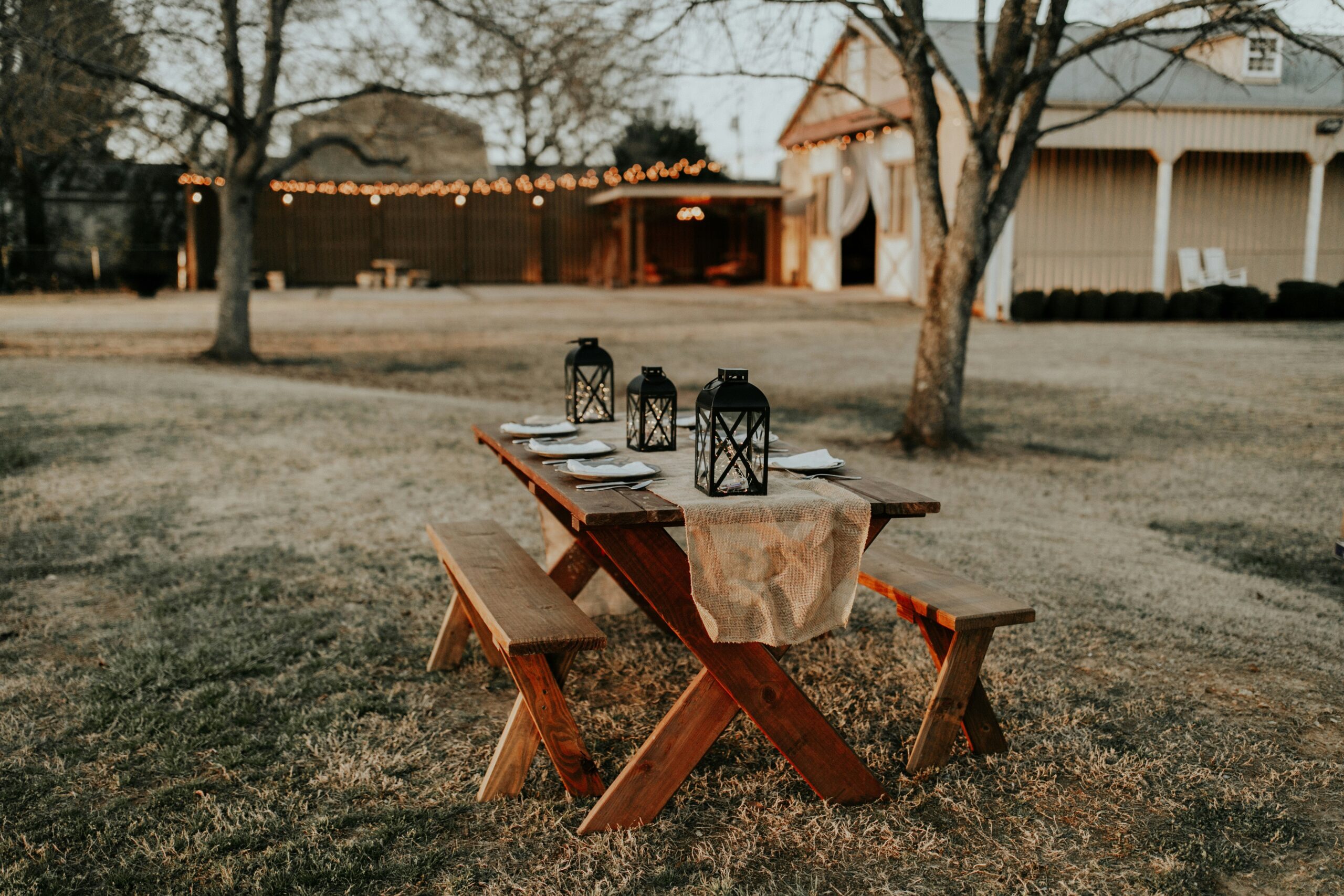Airbnb offers travelers an array of accommodation options at their dream destinations and even has listings with niche themes. The platform was founded in 2007 and became popular in the 2010s as the company expanded. Since then, it has provided unique accommodation services for guests. The customer (and host) service that Airbnb provides is unmatched, with protective measures like AirCover providing security to users. The host and guest relationship is an integral part of how Airbnb functions, which some travelers appreciate more than the corporately centered experience that modern hotels offer. While Airbnb is not for everyone, the platform has some truly unique places to stay and plenty of perks (for example, privacy, recommendations from locals and cultural immersion).
Many Airbnb users use the platform for domestic travel stays, but there is also a market for event hosting. Since both host and guest reviews on Airbnb often depend on how peaceful, private and clean the accommodation is (before or after a stay), it is debatable whether event hosting should be commonplace. Hosts run the increased risk of liabilities due to guest health or safety and property damages. Guests, on the other hand, may incur extra fees and penalties for parties. But a dream destination Airbnb that doubles as an event space sounds like a perfect opportunity for travelers who want to see the sights and socialize. So, if you are wondering if you can book an Airbnb for a party here is our rundown on the situation.
Does Airbnb Allow Parties?

Airbnb has officially banned parties in its listings. In August of 2020, Airbnb announced a global ban on parties. Technically this ban was announced as a temporary solution to issues that were occurring at the time. The pandemic played a big part in this decision as social distancing was particularly important to maintain health. To avoid super spreader events being held in Airbnbs, some early-stage preventative measures were made. House rules and policies were changed, so things like adherence to local COVID public health mandates and the capability for hosts to categorize listings as event-friendly had stricter guidelines for the first time (officially). In the past, much of the house rules for listings were based on the better judgment of hosts and their preferences, as long as events did not exceed their capacity. This allowed some hosts to categorize their homes as party houses.
Some have speculated that this change was retained to protect hosts and keep the peace between them and their guests. To avoid listings categorized as party houses, which is a term that has been defined as a listing that creates consistent disturbances to the neighborhood or community it is based in, this ban was never lifted. This, in hindsight, makes sense due to the troublesome hosts, guests and even Airbnb corporate have had to deal with in situations of parties gone wrong. So basically, parties are banned and guests who knowingly violate the rules to have events at listings they book (and yes, all guests are informed upon booking) or exceed the capacity cap will have to deal with platform consequences or legal action.
Community Disturbance Rules
The official community disturbance policy can be found on the Airbnb help center webpage. This policy makes it very clear to guests and hosts what is and isn’t allowed in listings. The announcement is an important resource for travelers who are interested in an Airbnb for a party and may help them make a decision on whether or not to book with the company. Much of the policy announcement describes what Airbnb aims to avoid with its ban and what constitutes as a party.
In general, disruptive events of any size are banned. In order to keep the listing’s communities peaceful, Airbnb wants its own community members to respect and accommodate those around them. This means that Airbnb does not allow disturbances like excessive noise, littering, vandalism, trespassing or exorbitant visitors. These behaviors are violations of Airbnb’s policies. Other behaviors that are noted to be negligent of the listing’s environment include smoking and parking nuisances. But there are even some violations that relate to hosts, like allowing someone to host a party in the first place or advertising their listing as an event space.
Consequences for Violation of Airbnb’s Policies

Of course Airbnb anticipates that some hosts or guests may attempt to violate their ban or specific rules and regulations on party listings. If either party fails to comply with the platform’s policies, they will likely have to deal with the appropriate intervention. Some consequences include suspending or removing a listing, requesting hosts to revise a listing’s occupancy or even completely removing some (or all) parties involved from the Airbnb platform. If guests or hosts are found to be in clear violation of the platform’s policies there may be further legal consequences for throwing a party in an Airbnb.
Before getting to the point of removal from the platform or legal action, there are some preventative steps that can be taken to warn hosts or guests that they are being perceived as a nuisance. Airbnb provides Neighborhood Support which allows local community members to report on any disturbances that can be traced back to an Airbnb listing. Neighborhood Support can provide help with urgent situations but advises community members (as well as guests and hosts) to contact local authorities if they feel unsafe.
Alternative Platforms That Allow Parties
Airbnb has been quite clear with its intentions to discourage parties in its listings over the years. For some travelers that want to plan an event and enjoy a similar accommodation experience, other platforms may be best. Peerspace, Giggster and Eventective are some platforms that welcome events at their venues (within specific parameters and only for venues listed as event spaces) and are even popular among event planners.
